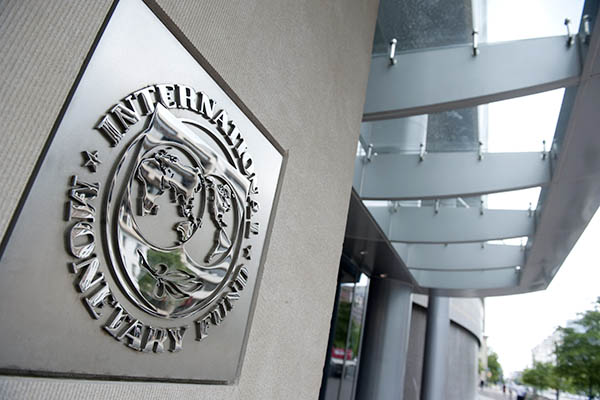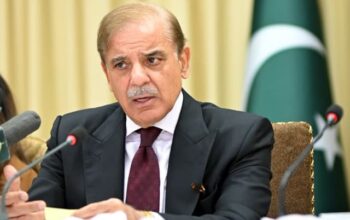By Staff Reporter
ISLAMABAD: Pakistani officials started a much-delayed talks with the International Monetary Fund (IMF) on Wednesday, asking the Fund to extend its loan program for a year and boost the $6 billion loan to help support the country’s battered economy.
“Talks with the IMF mission started today,” the government said in a statement. Finance Minister Miftah Ismail and the acting central bank governor virtually joined the talks.
Minister Ismail hoping to disarm the IMF into resuming a critical suspended loan programme during ongoing Doha talks.
“The government understands the current economic woes and will have to take tough decisions while mitigating the effects of inflation on the middle to low-income groups,” the minister said while talking to IMF Mission Chief Nathan Porter during the virtual meeting.
The IMF suspended its loan to Pakistan in 2020 after the country failed to meet the conditions. The plan was revived last year after former prime minister Imran Khan’s administration agreed to tougher conditions, including raising oil prices and electricity tariffs although a few months later he rolled back the increases to soothe public anger over rising living costs.
The Prime Minister Shehbaz Sharif has promised populist measures and kept fuel prices unchanged since he resumed the power to provide relief to its citizens grappling with Asia’s second-fastest inflation.
The government is set to give over $2 billion in subsidies to the oil and power sectors from April to June.
The IMF had asked Pakistan to explain how it would fund the subsidy package.
Ismail has previously said the fuel price subsidy is “not sustainable,” and Pakistan was looking to find middle ground by reducing some expenses.
Ismail reaffirmed the government’s commitment to undertake the reforms envisaged under the IMF programme and to complete the structural benchmarks.
“Few of the factors that had adversely affected the economic situation were beyond the control of the government,” the minister said.
These, he said, included exogenous factors like supply shocks, commodity super cycle and Russia-Ukraine conflict due to which commodity prices further soared.
“These factors were putting pressure on the current account as well as foreign exchange reserves.”
If the IMF 7th review is cleared, Pakistan will get more than $900 million, which would in turn unlock additional external funding.
This time, aid from the lender will be far more critical as foreign exchange reserves have fallen to less than two months of import cover.
The South Asian nation is in dire need of external finances due to a widening current account deficit and foreign reserves falling as low as $10.5 billion, equivalent to less than two months of imports.
Ismail said the government would reduce the burden on the economy, while protecting the vulnerable sections of the population.
“We should aim to address structural issues so that Pakistan is able to end its fiscal deficit and move towards sustainable growth.”
IMF Mission Chief Nathan Porter informed the finance minister about IMF’s assessment of the challenges facing the economy. Porter sensitised the finance minister with the plight of the country’s economy that he said demanded immediate and long-term measures to improve.
Copyright © 2021 Independent Pakistan | All rights reserved




